The Best Halloween Horror Movies (That Are Actually Set Around Halloween)
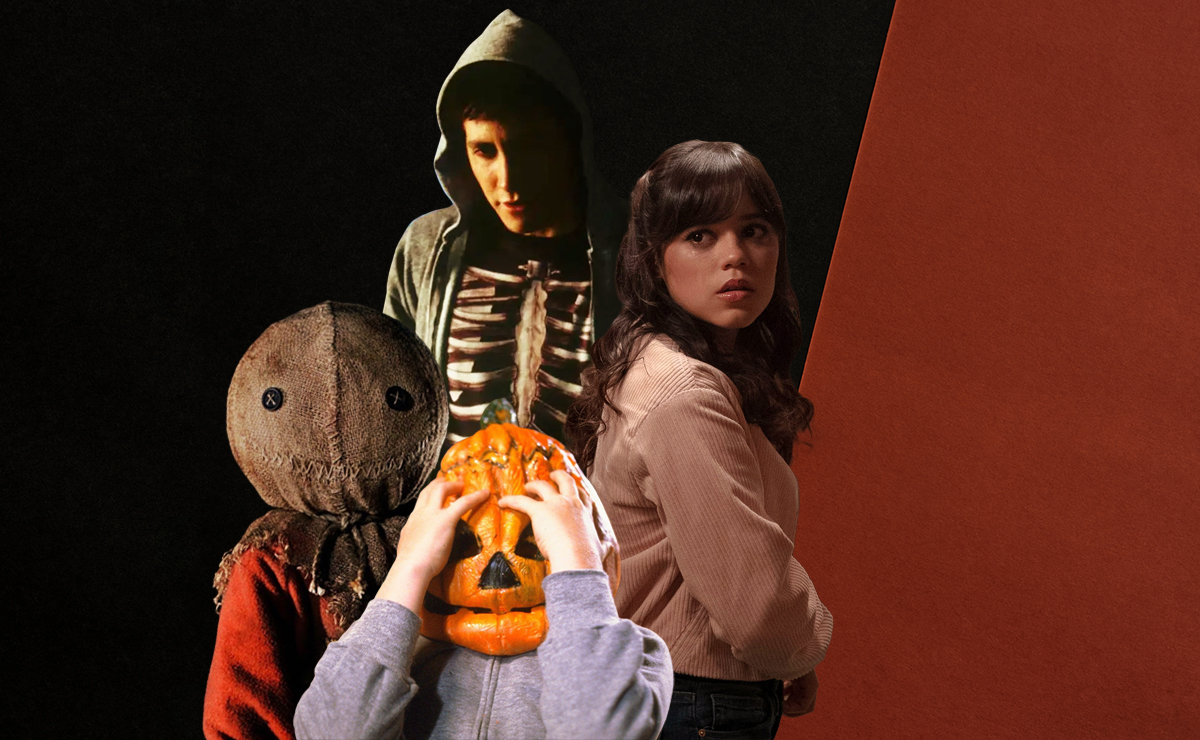
“Once you’ve seen enough horror films, you begin to get a taste for really shitty movies,” Stephen King wrote in Danse Macabre. I love King’s take. It perfectly describes how I feel after marathoning Halloween horror movies—i.e., horror movies that revolve around October 31. Although wading through schlock to find a gem is part of the genre’s charm, at times it can feel tedious, thanks to the misogyny (Night of the Demons, Hell House LLC ) and animal violence (May, Satan’s Little Helper) often depicted in horror. So, I did it for you.
Although I couldn’t include all of the Halloween horror movies I discovered (1986’s Trick or Treat, Hack-O-Lantern), I hope this list includes a few films that you haven’t heard of in addition to some of the obvious choices for best horror movies set around Halloween.
Donnie Darko (2001)
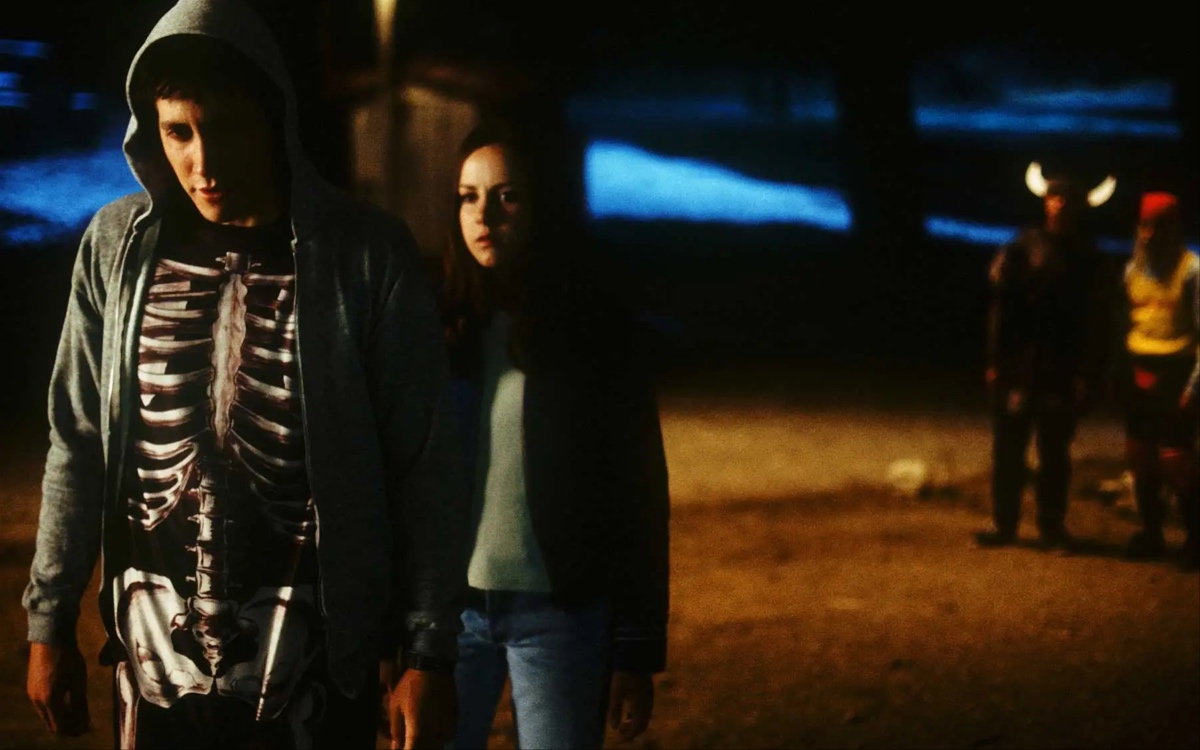
If, like me, you graduated high school in the early ’00s, Richard Kelly’s Donnie Darko (and Kelly’s unwavering commitment to his artistic vision) defined your youth. Oh, and the film’s killer soundtrack. In HS, I spent hours with my friends blasting the Gary Jules and Michael Andrews cover of “Mad World” by Tears for Fears, which plays during the end-credits.
Listed at number three in Empire‘s “50 Greatest Independent Films of All Time,” Donnie Darko is a countdown to Halloween. Opening on October 2, 1988, the supernatural drama’s titular character, Donnie Darko (Jake Gyllenhaal), learns that the world will end in precisely 28 days, 6 hours, 42 minutes, and 12 seconds from a creepy six-foot-tall bunny named Frank (James Duval). There are other Halloween-related elements, too, like Grandma Death (Patience Cleveland) and the costume party that Donnie and his sister Elizabeth (Maggie Gyllenhaal) throw when both of their parents are away.
Halloween III: Season of the Witch (1982)
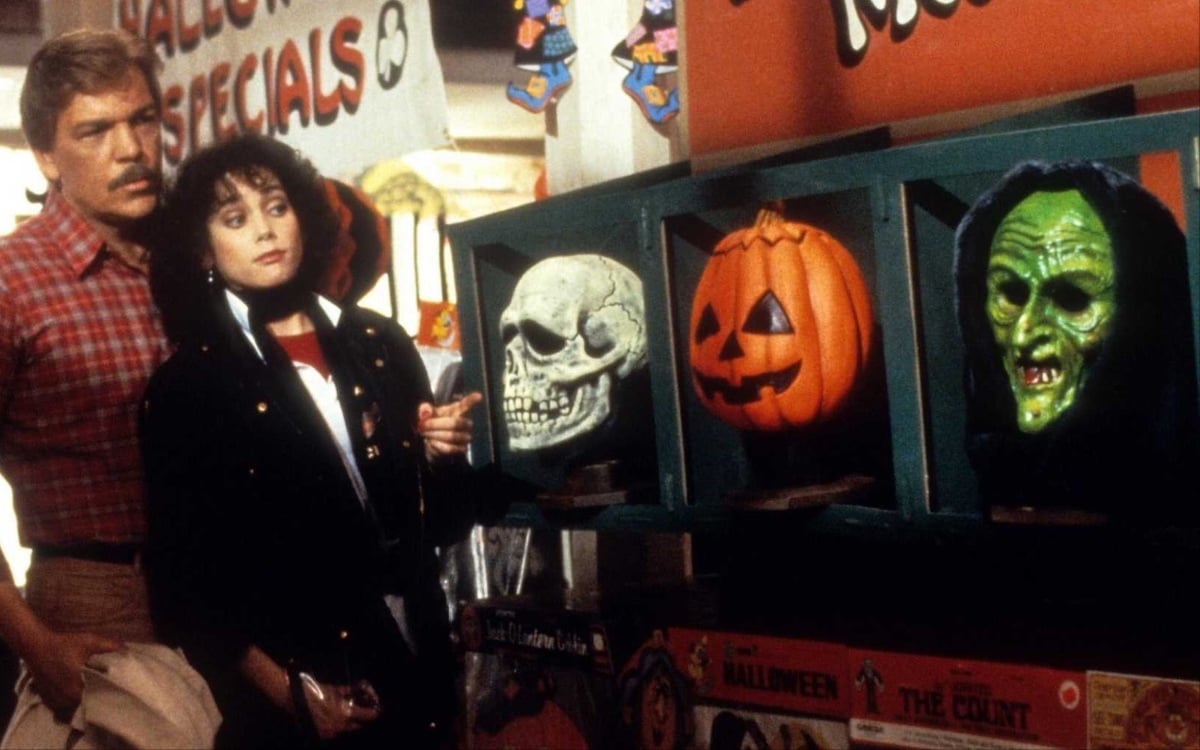
With Halloween II (1981) meant to conclude the saga of Michael Myers, Laurie Strode, and Sam Loomis, producers Debra Hill and John Carpenter wanted the franchise’s third installment, Halloween III: Season of the Witch, to turn Halloween into an anthology series, where each subsequent sequel would be a standalone story centering around October 31—an idea that didn’t pan out. Although Halloween III has since gained a cult following, the film didn’t go over well with critics or audiences in 1982, who complained that director Tommy Lee Wallace’s attempt at telling an anti-capitalist story about a corporate villain hellbent on using Stonehenge to usher in a new age of witchcraft fell flat (you know, instead of the usual Michael Myers-based slasher fare). As such, Halloween III ended up being an anomaly in the franchise, and it’s the only installment to not feature series antagonist Michael Myers.
Boo (2005)
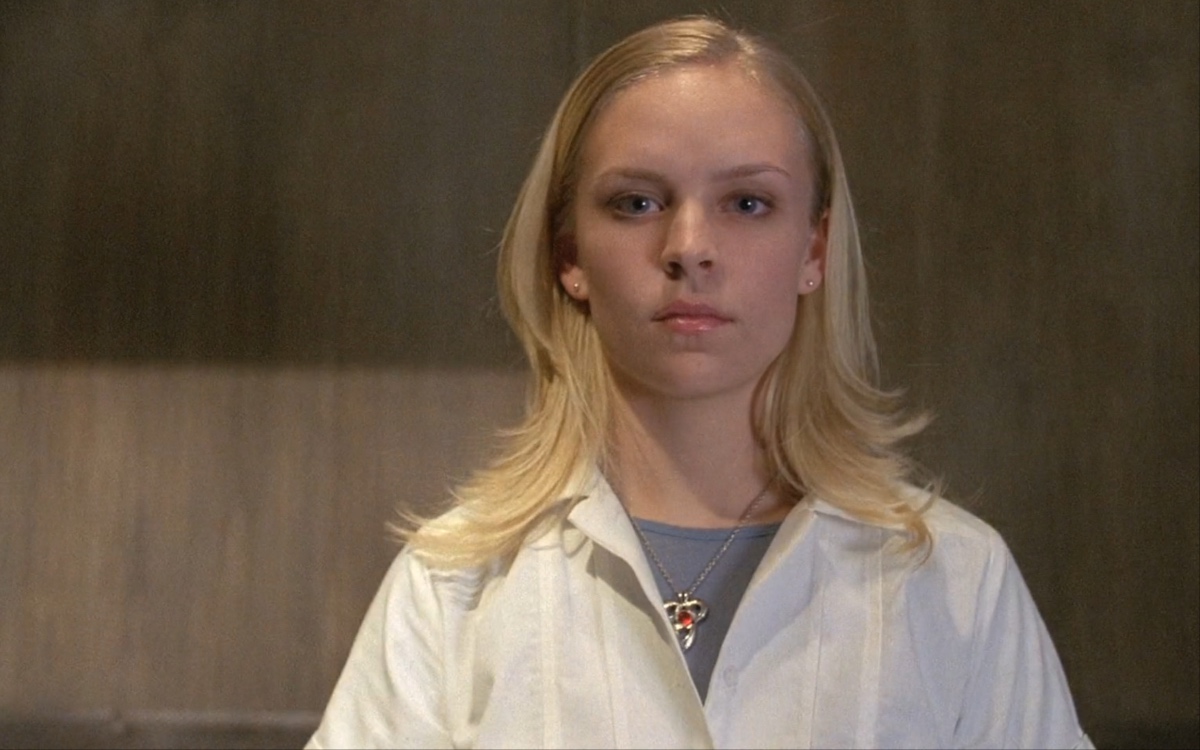
On Halloween night, Jessie Holden (Trish Coren, who played Nurse Holden in Sharknado) is invited by her bastard boyfriend Kevin (Jilon VanOver), reprobate roommate Marie (Nicole Rayburn), and their put-upon pals Freddy (Josh Holt) and Emmett (Happy Mahaney) to visit the abandoned Santa Mira hospital—a symbolic nod to Halloween III and Invasion of the Body Snatchers, both of which take place in the fictional town of Santa Mira, “where human life is set on a one-way path to destruction,” wrote Mara Bachman for Screenrant (understanding the meaning behind Santa Mira adds more depth to Boo).
Even better, Boo was filmed at the former Linda Vista Community Hospital in Los Angeles, a famous filming location believed to be actually haunted, per NPR. Thus, the film oozes atmosphere and artful visuals, uncommon in schlock horror.
Trick ‘r Treat (2007)
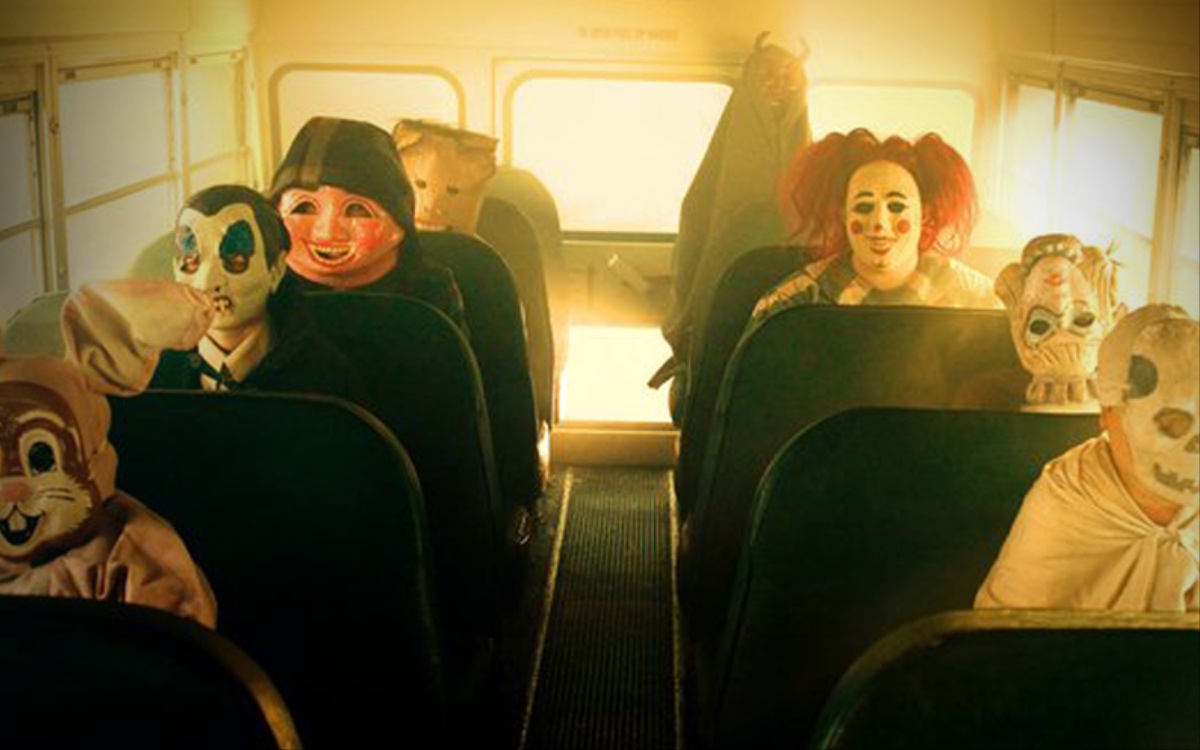
In the vein of EC Comics, Tales From the Crypt, and Creepshow, the movie Trick ‘r Treat is an anthology of four interwoven stories taking place on Halloween night in Warren Valley, Ohio, all loosely tied together by a trick-or-treating demon named Sam. While anthology horror movies centering around All Hallows Eve are a dime a dozen these days, I believe the 2007 film is one of the better representations of the storytelling format, and anthology filmmaker Mike Mendez (2015’s Tales of Halloween) agrees.
Mendez told Entertainment Weekly: “I would recommend Michael Dougherty’s Trick ‘r Treat. I think that is the ultimate Halloween film because it really covers not only the holiday but there’s so many different kinds of genres in there—werewolf films and evil kids. It’s a throwback to Creepshow. There’s so much good stuff.”
Ginger Snaps (2000)
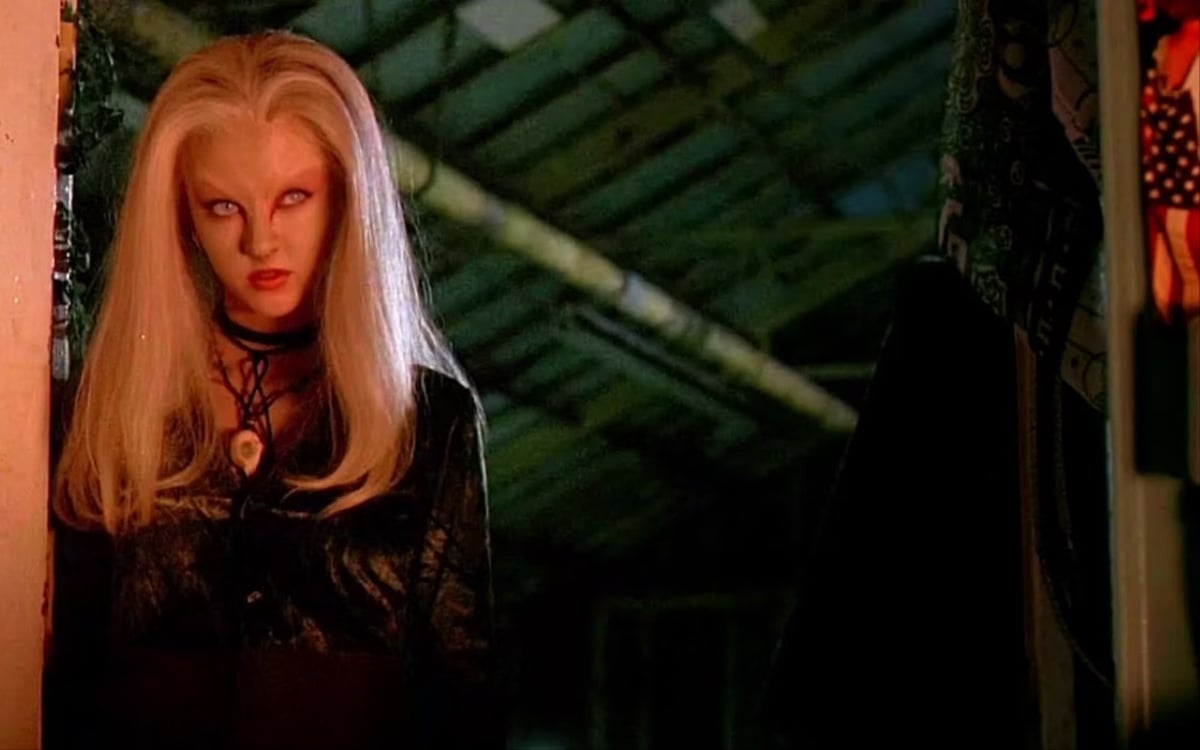
An in-your-face metaphor for female puberty, Ginger Snaps is a Canadian feminist horror film about teen sisters Brigitte (Emily Perkins) and Ginger Fitzgerald (Katharine Isabelle), the latter of whom gets bitten by a werewolf. As Ginger tries to get help for her transformation, she’s repeatedly assured that what’s happening to her body is perfectly normal. At the same time, she’s growing a tail and thick gray fur. It’s a clever statement on how society ignores women’s problems, which speaks to me as an endometriosis warrior.
Moreover, Ginger Snaps builds up to a raging Halloween school dance where only some survive. There’s an indelible shot of Ginger walking down the school’s hallway with lights flickering and black and orange balloons surrounding her on both sides.
Scary Stories To Tell in the Dark (2019)
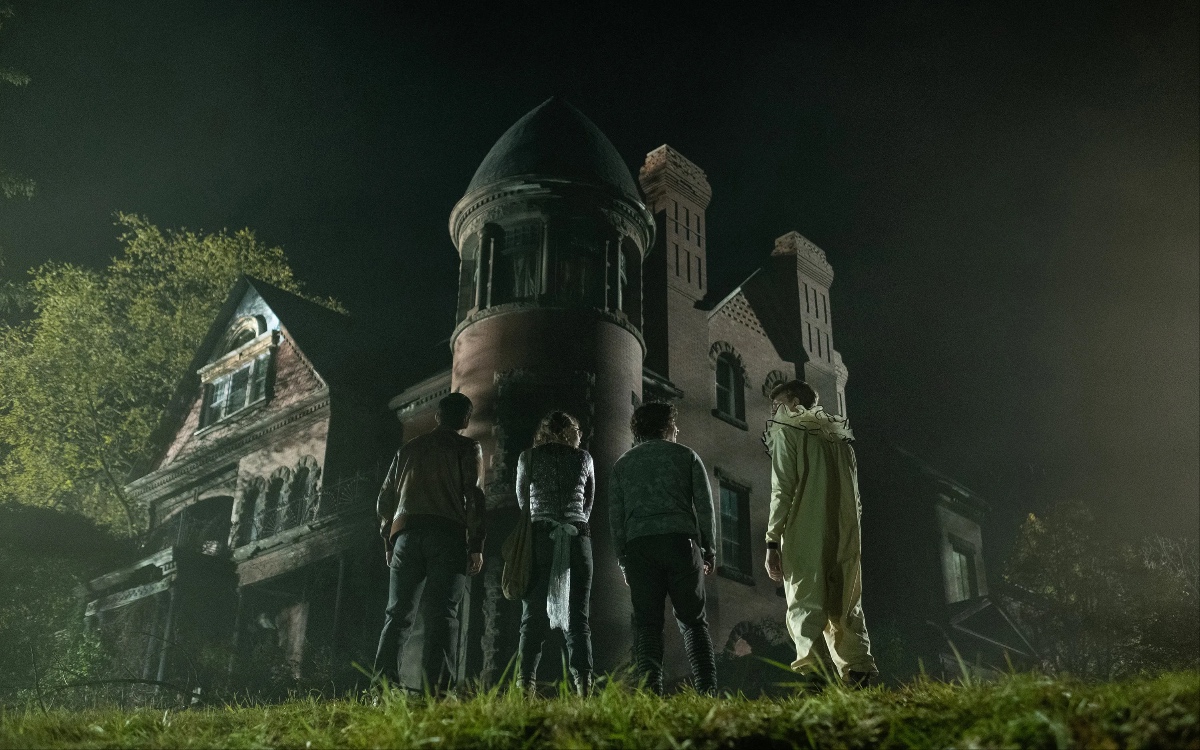
Scary Stories To Tell in the Dark opens on Halloween 1968. In Mill Valley, Pennsylvania, teen protagonist Stella (Zoe Margaret Colletti) and her friends Auggie (Gabriel Rush), Chuck (Austin Zajur), and Ramón (Michael Garza) sneak into the allegedly haunted Bellows mansion. There, Stella steals a book of horror stories penned by Sarah Bellows (Kathleen Pollard), who, according to legend, whispered her stories to children through the mansion walls with deadly consequences.
With middling effectiveness, the movie uses Sarah’s book as a frame to meld six short stories from the Scary Stories anthologies by Alvin Schwartz and Stephen Gammell into a cohesive story. Although the filmmakers don’t always achieve their goals, as a fan of the books growing up, it was exciting to see some of the stories come to life: hundreds of spiderlings hatch out of a girl’s cheek, like in “The Red Spot”; the straw taking over the young man, like in “Harold”; and the pale lady of “The Dream” brought to life just as she was drawn in Gammell’s art—a bloated figure with stringy black hair and soulless eyes.
Scream VI (2023)

Set one year after the Woodsboro killings orchestrated by Richie Kirsch (Jack Quaid) and Amber Freeman (Mikey Madison) in 2022’s Scream (a.k.a. Scream V), Scream VI reunites its predecessor’s four survivors: Sam Carpenter (Melissa Barrera), the daughter of O.G. Scream killer Billy Loomis (Skeet Ulrich); her half-sister Tara (Jenna Ortega), Chad Meeks-Martin (Mason Gooding), and his twin sister Mindy (Jasmin Savoy Brown).
The film opens on Halloween, with multiple Ghostface (Roger L. Jackson) kills occurring in the first act, including a scene in which the slasher swaps his infamous knife for a shotgun. Before watching Scream VI for this list, I hadn’t seen a Scream franchise film since 1996. I don’t know if the shotgun counts as innovative for the franchise now, but innovative or not, it does convert to a high body count on October 31.
Livid (2011)
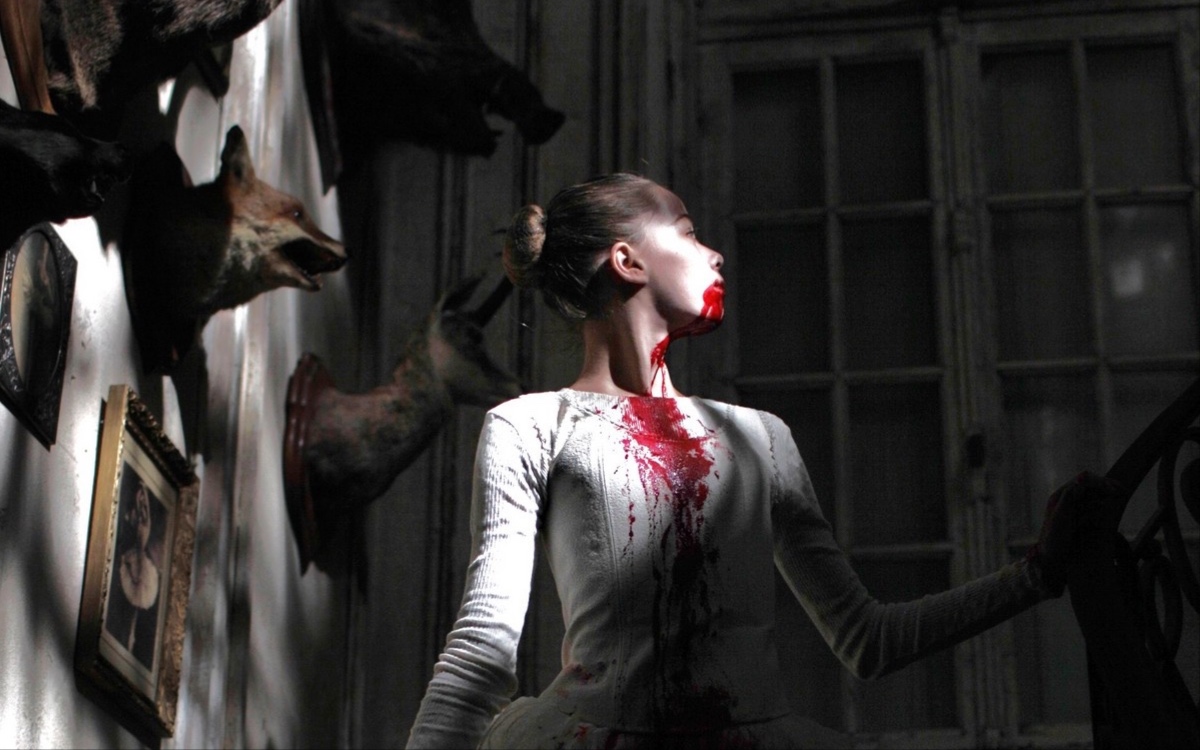
Set on Halloween night, the French horror film Livid puts a vampiric fairy tale spin on your usual haunted house fare. The movie follows at-home nurse trainee Lucy (Chloé Coulloud), whose boyfriend William (Félix Moati) and his brother Ben (Jérémy Kapone) convince her to break into her patient’s mansion on Halloween and claim its rumored treasure for themselves. They soon realize they are not alone, and the film goes into complete supernatural territory.
Demonstrating Hill and Carpenter’s far-reaching impact, there’s even a reference to Halloween III in the French film. En route to the mansion, Livid‘s protagonists encounter a trio of lantern-bearing trick-or-treaters dressed in masks very similar to Halloween III (someone even sings “Silver Shamrock” to assure viewers it’s no coincidence).
Haunt (2019)
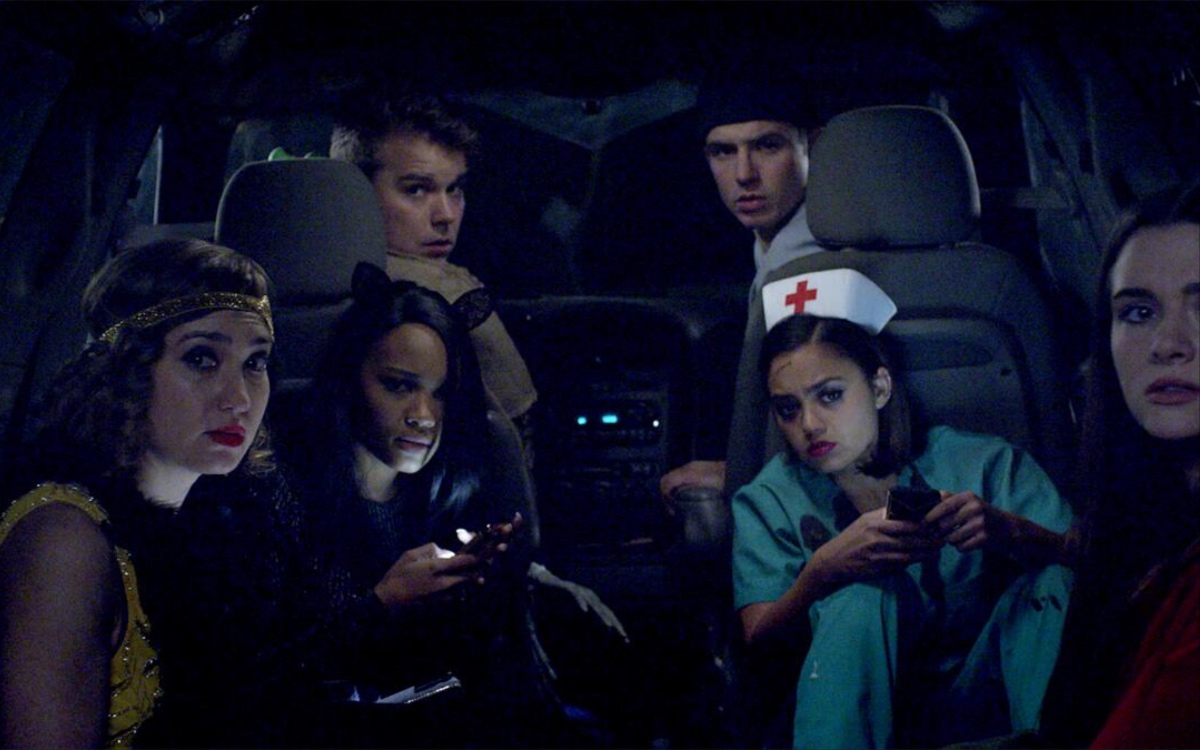
When a group of friends decides to visit an extreme haunted house (part fun house, part escape room) on October 31 in Carbondale, Illinois, they get more Halloween scares than they bargained for.
From A Quiet Place‘s Scott Beck and Bryan Woods, Haunt is a bottle horror film that’s slightly more thought-provoking than your typical haunted house fare. Harper (Katie Stevens)’s storyline is an in-your-face metaphor about the cycle of domestic abuse, and it worked for me even if it was heavy-handed. Since abuse is about control, the filmmakers continue their examination of control by looking at our willingness to relinquish it in environments perceived as risk-free: Why do we get in cars with strangers? At attractions, like haunted houses, why do we sign liability waivers that include risk of serious injury and/or death? Why do we sign releases of information without reading the fine print?
Pay the Ghost (2015)
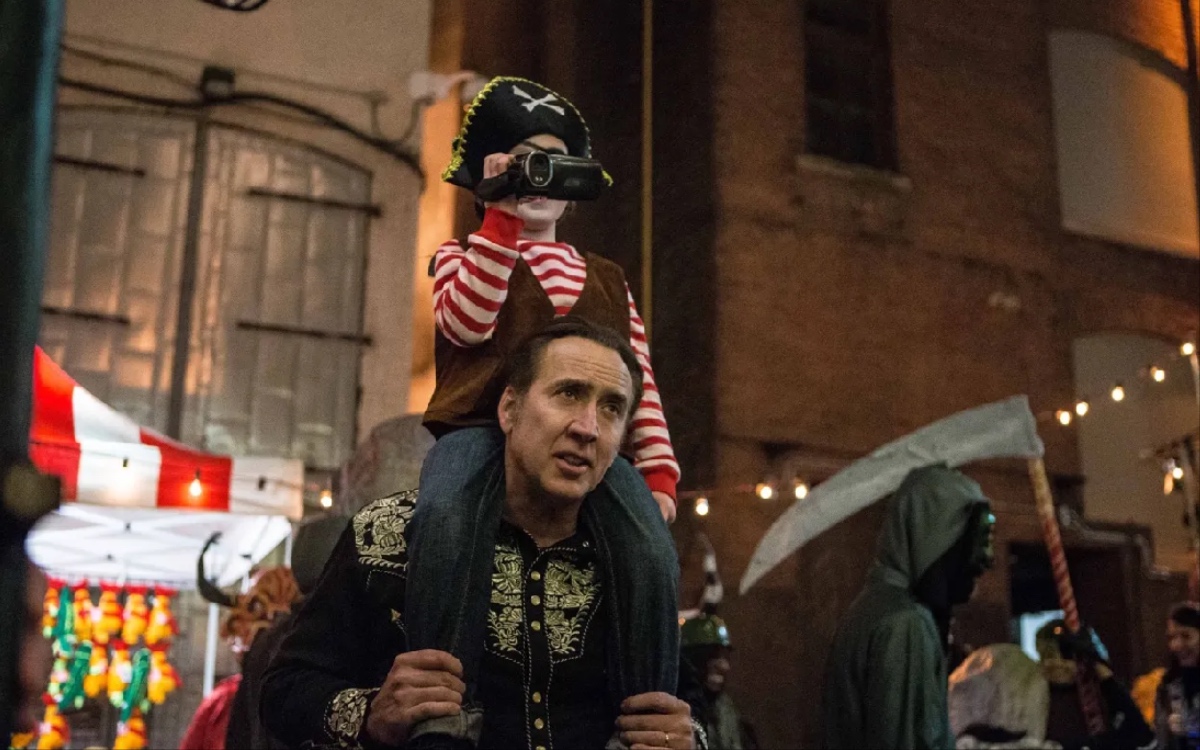
Watching so many bad horror movies in a row made me appreciate Nicolas Cage. There is bad acting, and there is bad acting. Horror movies are full of bad actors with no charisma (including me; I helped a friend as an extra). With horror, I don’t care if a person’s acting is good or believable, but something has to make me want to watch them. Even when Cage is bad, he’s still entertaining. Maybe I am a diehard. I admit to doing his National Treasure pose—my family calls this “Caging.”
Enough about Cage, now to the movie. Pay the Ghost is based on a short story of the same name by Tim Lebbon. After Mike Lawford (Cage)’s son Charlie (Jack Fulton) is abducted from a Halloween carnival, Charlie begins to reach out to his parents from another world using the phrase he uttered right before he disappeared: “Pay the ghost.” As Mike looks for his son, Halloween continuously comes up.
(featured image: Newmarket Films / Paramount Pictures / Universal Pictures / Warner Bros. / Illustration by The Mary Sue)
Have a tip we should know? [email protected]